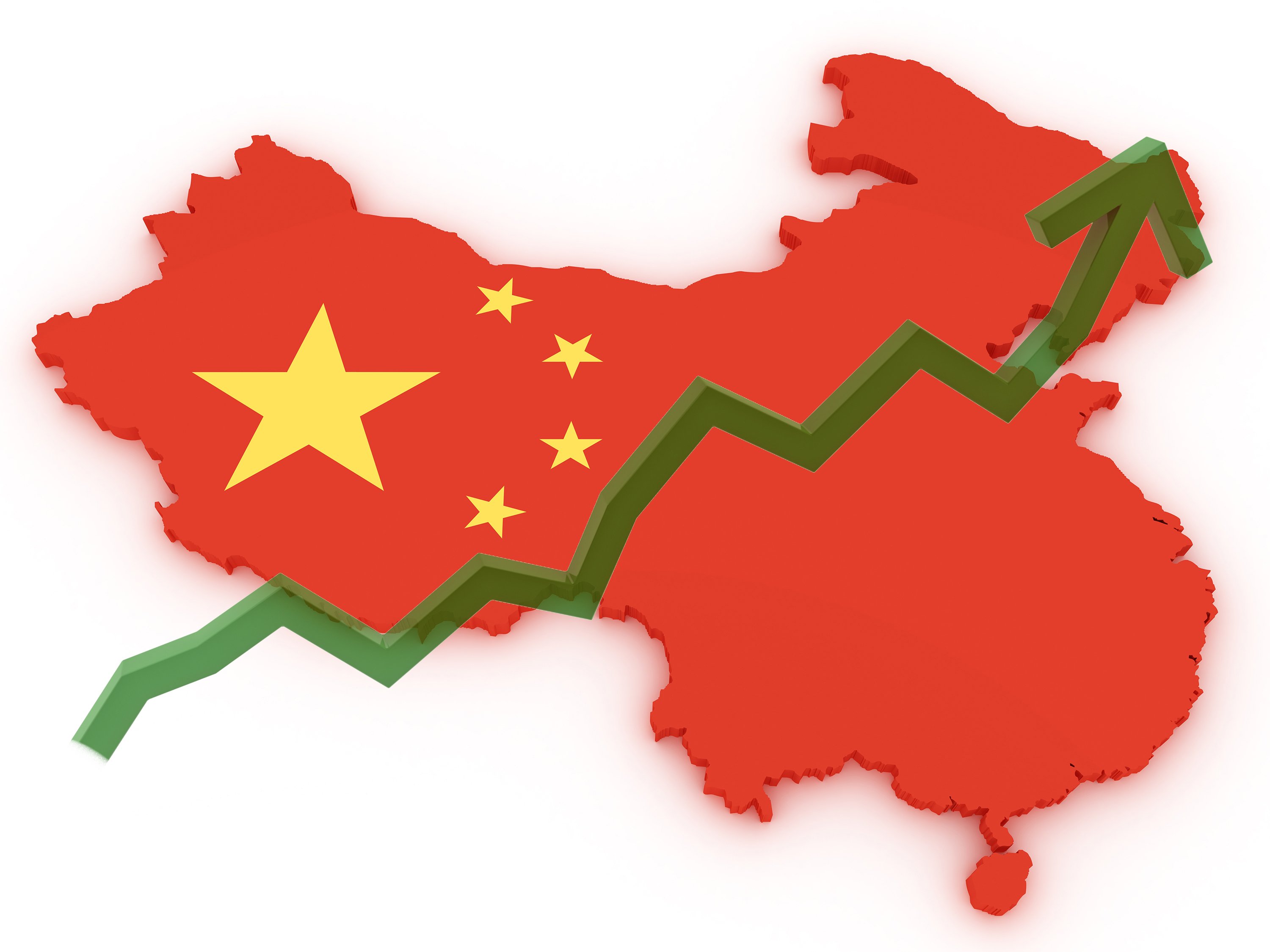Shares of big lithium players, Sociedad Quimica y Minera de Chile (SQM 4.01%), or SQM, Albemarle (ALB 7.22%), and FMC Corp. (FMC 19.86%) dropped 6.6%, 4.1%, and 3%, respectively, on Tuesday. For context, the S&P 500 edged down 0.35%.
While these daily declines are notable, they're a drop in the bucket relative to the stocks' soaring returns in recent years, driven by booming demand for lithium to make lithium-ion batteries for electric vehicles (EVs). For the two-year period through Tuesday, shares of SQM (the world's second largest lithium producer), Albemarle (the top lithium producer), and FMC have returned 290%, 176%, and 177%, respectively, versus the broader market's 54% return.
Here's what you should know about Tuesday's action in the lithium space.

Lithium salt flats. Lithium-containing brine is pumped above ground into evaporation pools. Image source: Getty Images.
SQM's possible big lithium output boost triggered price concerns
SQM could soon receive permission from Chile's state-run economic development agency Corfo to boost its annual production of lithium considerably more than the market was anticipating, Reuters reported over the weekend. (Tuesday was the first trading day after the release of the news, as the U.S. markets were closed on Monday.) If and when this comes to fruition, the law of supply and demand tells us that lithium prices should be under some pressure. Lower-than-expected lithium prices have the potential to negatively impact lithium producers' revenue and profits.
SQM and Corfo have been locked in a disagreement since 2014 over whether the chemical and fertilizer company is fulfilling its contractual obligations related to its lease of the government-owned Salar de Atacama, home to some of the world's most valuable lithium deposits. (Albemarle also has a lease for "mining" lithium from brine at the Atacama salt flat in the Atacama desert of northern Chile.) The key point of contention is whether SQM is underpaying royalties it owes, though its compliance with environmental regulations is also reportedly under dispute.
Citing newspaper La Tercera, Reuter's said on Saturday that Chile's government wants Corfo to resolve its dispute with SQM when the two sides meet at an arbitration hearing on Wednesday, Jan. 17. SQM and Corfo failed to reach an agreement in October, with Corfo demanding that SQM end its lease early, Reuters reported at the time. That would be catastrophic for the company, as SQM generates the bulk of its profits -- 61% of its consolidated gross profits in the first nine months of 2017 -- from its lithium business, with Atacama currently its sole source of the mineral.
Under the expected new agreement, Corfo would reportedly raise SQM's annual lithium production quota to 180,000 metric tons through 2030. SQM currently produces about 50,000 metric tons of lithium per year, according to Morningstar analyst Seth Goldstein, who wrote on Tuesday that the firm's "lithium supply and demand model had assumed SQM would produce slightly more than 100,000 metric tons of lithium by 2025."
The bottom line
The SQM news is material, as it has the potential to impact lithium prices, so investors should monitor the arbitration situation.
One lesson from the SQM-Corfa dispute has to be that companies that rely on leasing valuable assets don't have full control over their destinies. Albemarle owns two of its three lithium sources, with one a joint venture, though its leased Atacama operation is its biggest source, while FMC Corp. owns its source, the Salar del Hombre Muerto in Argentina.








